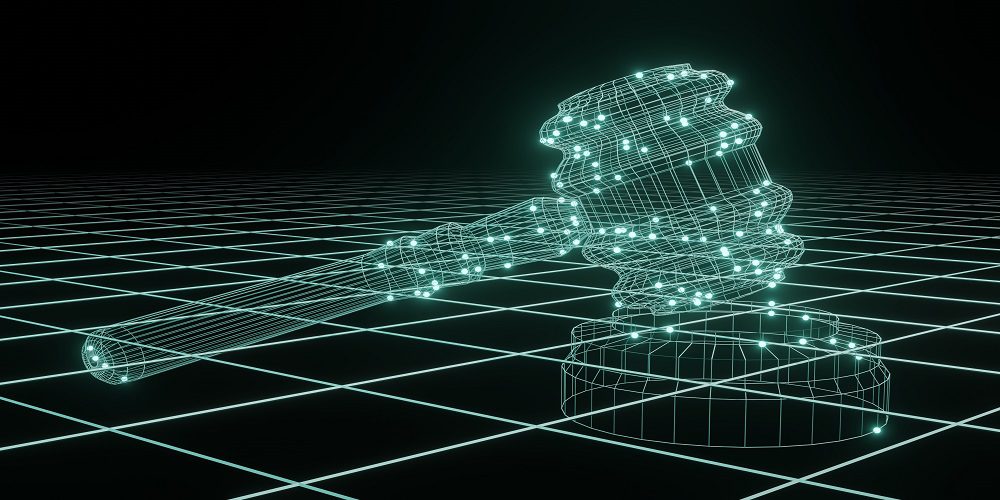The criminal justice system runs on principles. A person is innocent until proven guilty. The role of evidence in criminal defence cannot overstate. Evidence is crucial in criminal defence. Specific rules and criteria must align for evidence to be admissible. It plays a significant role in determining the guilt or innocence of an accused person. In this article, we will discuss the role of evidence in criminal defence.

Let us understand the meaning of evidence
Evidence refers to any material or information brought forth within a legal setting to establish or refute a particular truth. The forms of evidence can vary significantly this includes physical evidence, testimonial evidence, documentary evidence, and scientific evidence. Evidence is crucial in criminal defence because it helps establish the facts of the case. Hire an experienced criminal lawyer to assist you in pleading your case.
The Role of Evidence in Criminal Defence
The role of evidence is to prove or disprove the charges against the accused person. In criminal defence, the burden of proof is on the prosecution. This is to demonstrate the guilt of the accused beyond a reasonable doubt. Evidence presented by the reason can help establish the innocence of the accused. Also, create doubt in the minds of the jury or judge.
Physical Evidence
Physical evidence can include anything that is seen, touched, or felt. Physical evidence has weapons, DNA, fingerprints, footprints, tracks and other trace evidence. Physical evidence is crucial in criminal defence. It can link the accused and the crime scene or victim.
Testimonial Evidence
Testimonial evidence is proof given by witnesses who have firsthand knowledge. Information about the crime or events leading up to the crime. Testimonial evidence is in witness statements, expert testimony, or confessions. Testimonial evidence is vital in criminal defence. It can help corroborate or contradict other evidence presented in the case.
Documentary Evidence
Documentary evidence refers to a proof presented in the form of documents. For example, contracts, emails, letters, and photographs. Documentary evidence is essential in criminal defence. It can provide a paper trail that establishes the innocence of the accused. More so, it creates doubt in the minds of the jury or judge.
Scientific Evidence
Scientific evidence refers to a proof obtained through scientific methods. For example, DNA testing, fingerprint analysis, or ballistics testing. Scientific evidence is essential in criminal defence. It can provide aim and conclusive evidence. Proof that can help establish the innocence of the accused or create doubt in the minds of the jury or judge.
Challenging Evidence
In criminal defence, the defence may challenge the admissibility of the evidence presented. The defence may challenge the accuracy of the evidence if it violates the accused’s rights. The defence may also challenge the evidence if it is unreliable or based on faulty science.
Final words on the role of evidence in criminal defence
The role of evidence in criminal defence is crucial. Evidence helps establish the facts of the case. It determines the guilt or innocence of the accused. The defence may challenge the admissibility of the evidence presented by the prosecution. You may reduce the charges against you with the proper defence or negotiate a plea deal. You may even get your case dismissed.